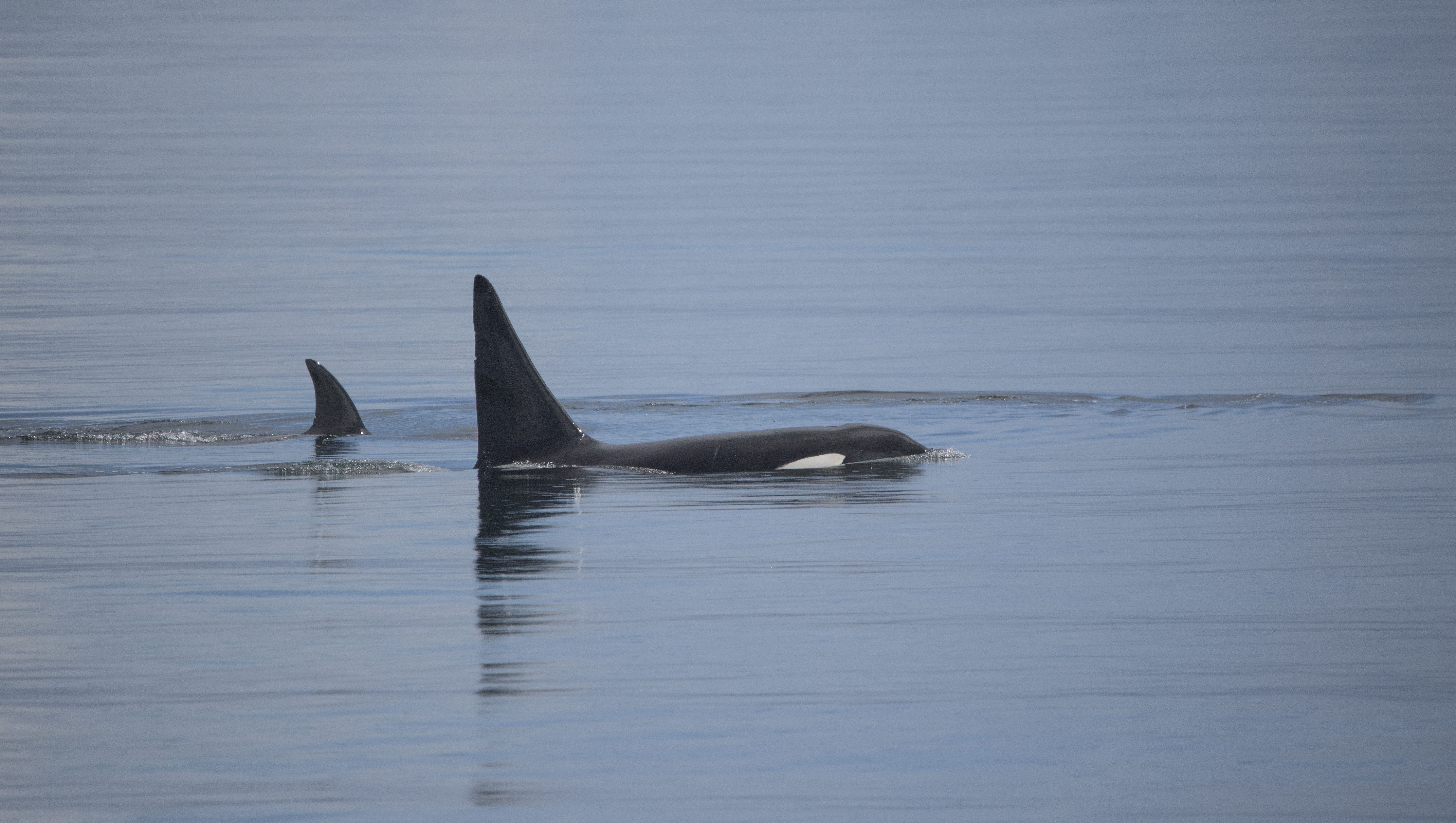Seattle – Today, Governor Inslee’s Southern Resident Killer Whale Task Force released its recommendations for protecting the endangered southern resident orca population, including recommendations for reducing threats posed by toxic contaminants. Toxic pollution is one of the major threats to orcas, not only affecting orca health but also the availability of their favored food source, Chinook salmon.
The following is a statement of Laurie Valeriano, Executive Director of Toxic-Free Future and member of the Contaminants Workgroup of the Orca Task Force:
“With the Southern Resident orca population in crisis, the current approach for protecting these animals from toxic pollution is failing. We must stop the toxic treadmill of cleaning up pollution, re-polluting, and then polluting again, and focus on actions that increase prey populations and reduce toxic threats.
I’m pleased to see the final recommendations on toxics propose policies to stop toxic chemicals at their source, especially emerging contaminants that are a threat to orca and human health. These chemicals include nonstick PFAS, toxic flame retardants, and hormone disruptors like phthalates.
These classes of chemicals are widely used in consumer products and are showing up in dust in our homes, drinking water, the food web, sediments, and waters.
Orcas deserve more than study. They deserve bold action that will stop toxic pollution from going into the environment. Preventing pollution is cheaper than cleaning it up. We look forward to working with Governor Inslee and the Legislature to prevent emerging contaminants from becoming another PCBs.”
###

